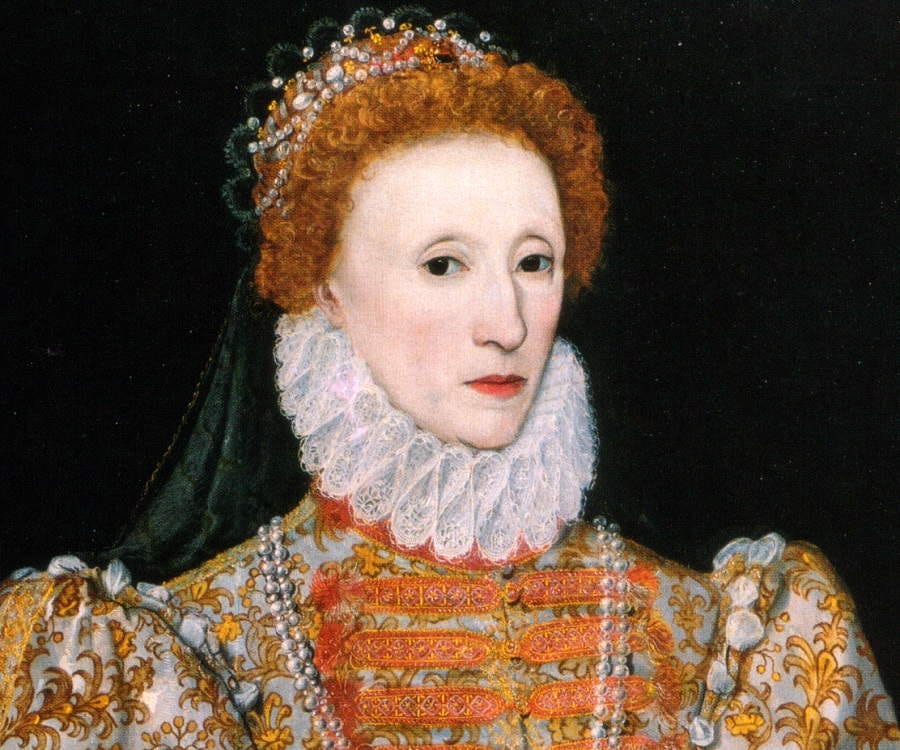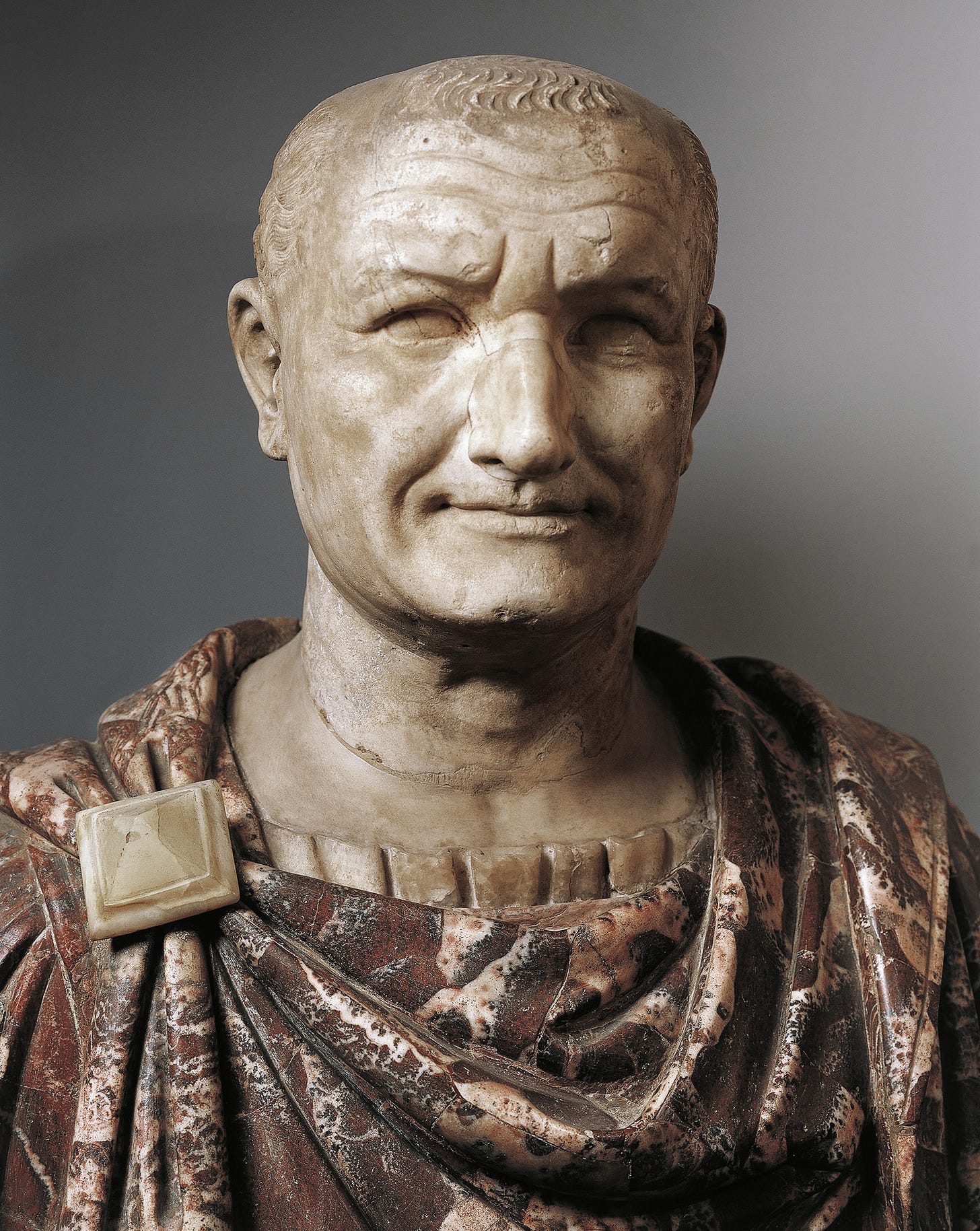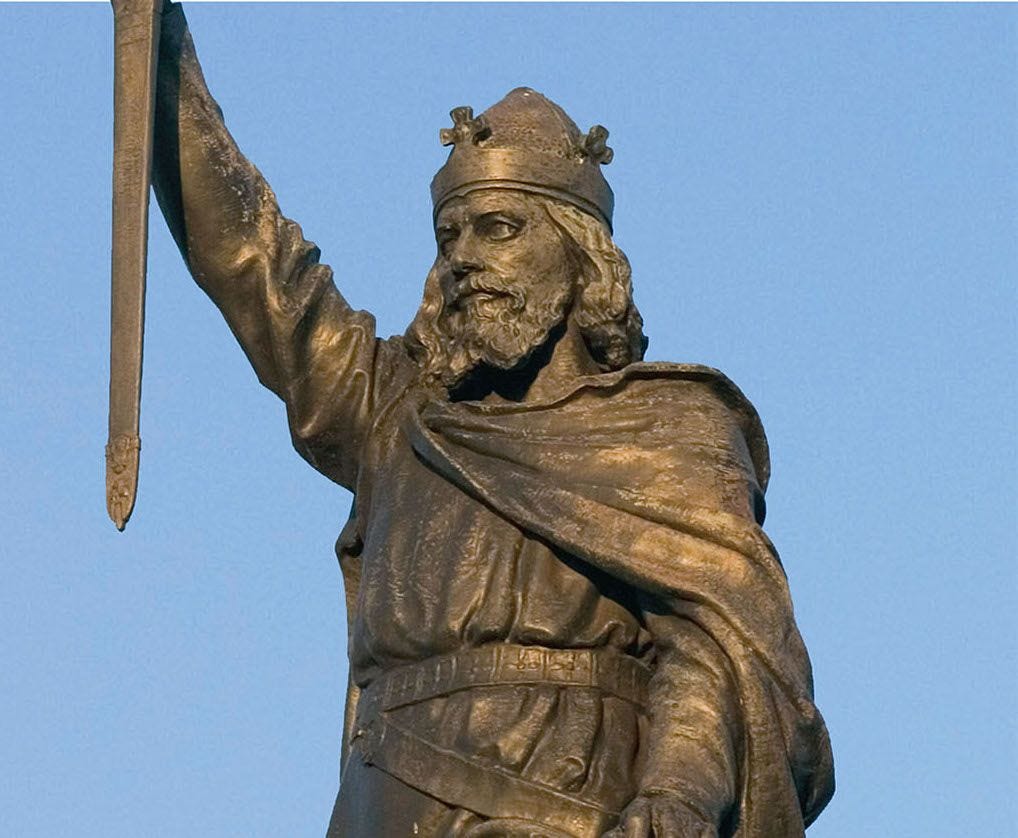This series looks at a new civilisation cycle theory I’ve been developing called the Seasonal Hero Cycle. You can read the introduction here.
Here is a reminder of the Seasonal Heroic Cycle:
This article unpacks the Winter hero.
The Winter part of the cycle is the last chance for the civilisation to survive, before it totally collapses and disappears into the annals of history.
This is a time where all the energy has dissipated out of the culture. No new art is created. No new inventions are perfected. No new ideas are presenting themselves. It is almost as if it is the end and those who are left are looking around for some inspired leader to become the Winter Hero.
This hero not only identifies the problems, but is able to provide a solution and a plan for the way ahead. He brings the civilisation from collapse back to Spring and conquest.
After the death of Nero, the failed Autumn Hero, Rome experiences four emperors in one year. The third emperor, Vitellius, was cruel and excessive. He would entertain with expansive dinners with many courses, but then starved his own mother to death.
During the siege of Jerusalem, Vespasian was crowned emperor by the Roman legions based in Egypt. After gaining more support, Vitellius was killed by Vespasians supporters in Rome, who welcomed their new emperor into the city.
Whereas the former emperor carried out little reform, Vespasian made some sweeping changes. He reformed the monetary and tax system, efficiently bringing in more money into the government. He restructured the military, and gave gifts to key officials to buy their support. He also rebuilt areas of Rome.
His reign was the start of the new Flavian dynasty, which lasted thirty years. It helped restore Rome from a period of decline. He was a successful Winter Hero, pulling the Empire out of the doldrums and some of his reforms lasted hundreds of years.
Queen Elizabeth I is another Winter Hero. She came to the throne after the disastrous reign of her half-sister Mary I. She worked to bring stability to England, by disempowering undesirable factions. She created a secret service which monitored these groups.
In her early part of her reign, she ran a defensive foreign policy, conserving her finances. When the Spanish declared war she had sufficient resources to defeat the attackers. She also built up diplomatic relations across the continent, from Russia to Morocco.
During her reign, Walter Raliegh went to the Americas and named Virginia after her, the Virgin Queen. She also gave the first charter to the East India Company.
Even though her later military exploits were largely failures, trading became her greatest legacy. Even though she died childless, this legacy continued with the growth of English, and later British, global trade.
We now finally come to King Alfred, the one who inspired this mini-series. I will talk more in depth about his extensive reforms.
After he escaped the surprise attack by the Danes. He hide amongst the marshes in Somerset. Over six months, he developed a plan, defeated the Danes and implemented it.
We will now return back to the series on King Alfred and learn about what happened in the marshes.
My personal view is right now, we need Winter heroes in the West. Our societies have reached a cultural dead end. Music, art and film, all seem to be rehashing the same tired ideas, without any inspiration. We need new forms to bring about a cultural restoration and secure a bright future. We need more Winter Heroes.








Another wonderful read, can’t wait for Alfred, one of my favourite kings. I recently just finished watching The Last Kingdom with my mom, we became Alfred cheerleaders 😂
Great read. England needs a winter hero in this current season.